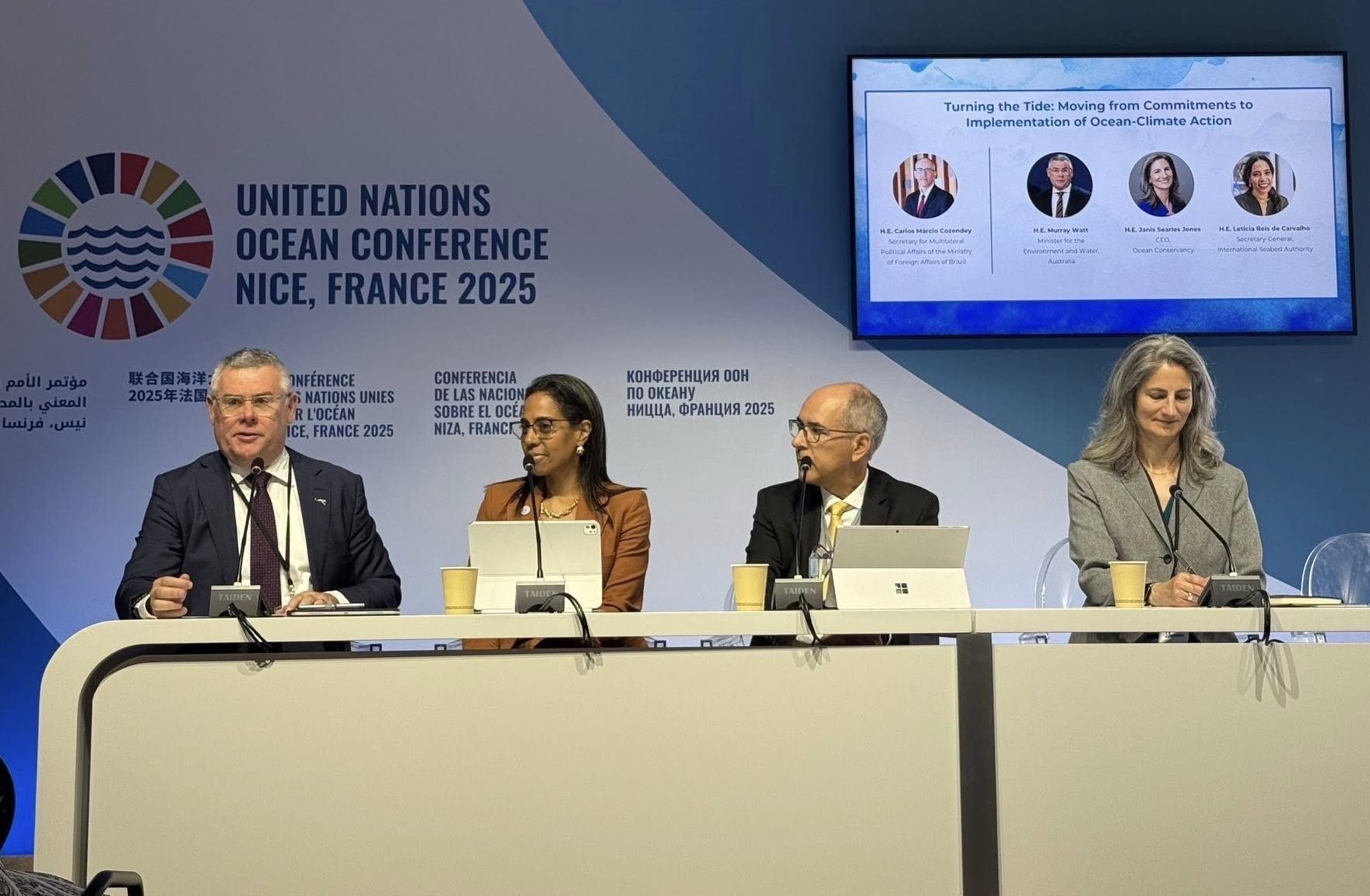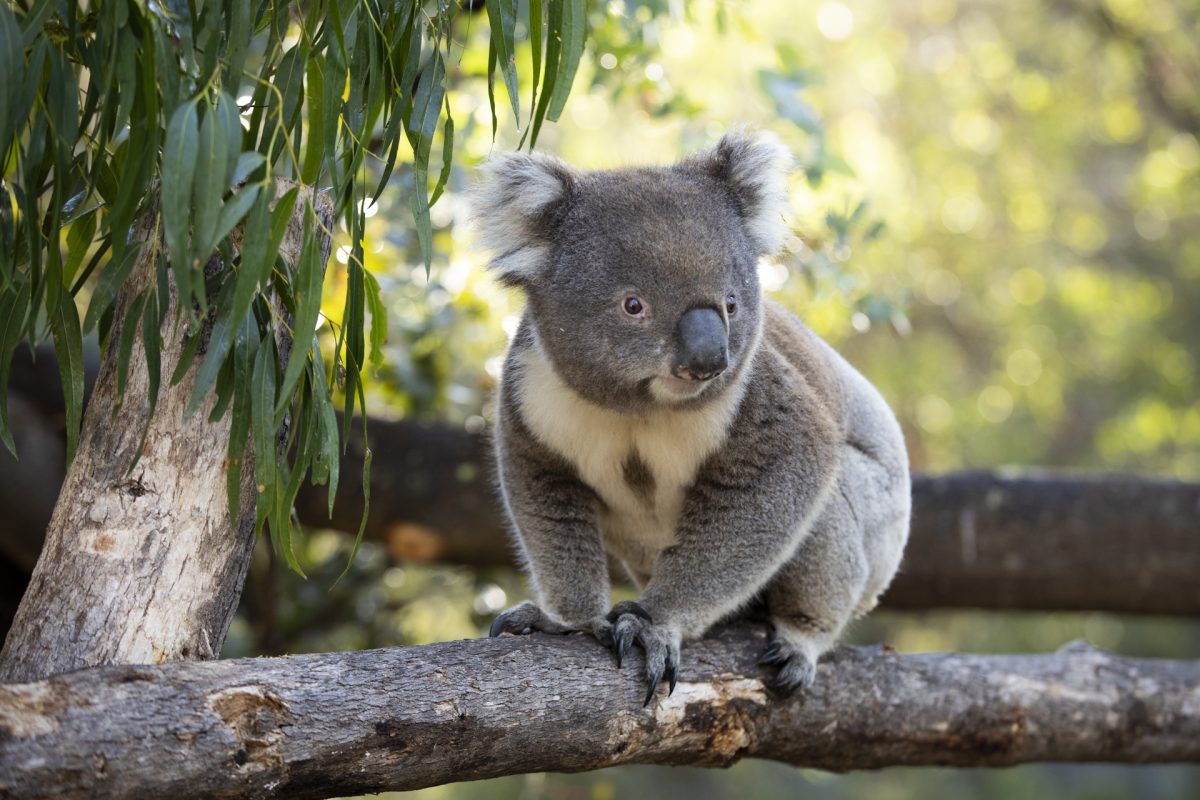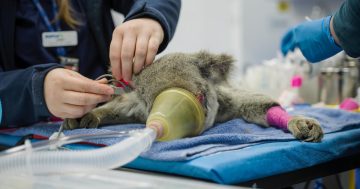
Environment Minister Murray Watt at the UN Ocean Conference in Nice. He’s ordered a review of Australia’s marine parks. Photo: Murray Watt Facebook.
Federal Environment Minister Murray Watt has told a United Nations Ocean Conference (UNOC) in France that Australia is aiming to classify 30 per cent of its oceans as “highly protected” by 2030.
If that goal is achieved, a third of the ocean waters under the nation’s sovereignty will be protected from commercial fishing and mineral drilling.
It is kicking off with a review of 44 marine parks to determine what further protections are needed.
“Through our first term, the Albanese government made great strides in protecting our oceans and since the last UNOC in 2022, we’ve expanded our marine protected areas to more than 50 per cent, far exceeding the global target of 30 per cent,” Mr Watt said.
“Australia currently leads the world in the total area of ocean that is highly protected, but we want to go further.
“It’s clear that Australia can achieve 30 per cent of our marine protected area estate in highly protected areas by 2030, and a three-year review of our remaining 44 marine parks will lay the foundation for this.
“The first step will be consultation with key stakeholders over the coming months.”
At UNOC3, currently underway in Nice, the minister also discussed the ratification of the High Seas Biodiversity Treaty, which provides greater environmental protection for seas beyond national borders.
He announced that Australia will introduce enabling legislation for the treaty in the Spring sitting of the Federal Parliament, with ratification of the treaty as soon as possible thereafter.
“Australia is a world leader in ocean protection, working domestically and with our Pacific and Indian Ocean neighbours to protect this precious and incredibly important shared resource,” Mr Watt told the conference.
“We will continue to show leadership and partner with others to protect our shared ocean by delivering our national Sustainable Ocean Plan.
“All Australians understand the importance of the ocean. It’s at the heart of our national identity and it connects us with our region and the rest of the world.”
UNOC, held every three years, is only the third such gathering and supports the UN 2030 Agenda for Sustainable Development.
It is, however, Mr Watt’s first international mission as Environment Minister, and one that has allowed him to take a positive stance on the environment.
It is also a much-needed break for the minister, who is still under fire for recently giving interim approval for Woodside Energy’s North West Shelf gas project until 2070.
While conservationists and First Nations people continue to protest that decision, Mr Watt is also under pressure at home to take decisive action to save Australia’s koalas.

Minister Watt has been challenged to implement a Koala Protection Act. Photo: Michelle Kroll
Chair of the Australian Koala Foundation (AKF), Deborah Tabart, told the 32nd International Congress for Conservation Biology (ICCB) gathering in Brisbane that Senator Watt needed to step up and introduce legislation to protect the koala population.
She called on the minister to urgently implement a Koala Protection Act or accept responsibility for the demise of the species.
“A prerequisite for the position of Environment Minister has always been the ability to bury one’s head in the sand,” Ms Tabart said.
“Fifteen consecutive ministers have ignored AKF’s science, refused to look at our world-leading habitat mapping, and in recent cases even denied a simple meeting.
“Our democracy demands that our ministers listen to the experts in their fields and face up to even the hardest of truths.
“So today, I ask the newly appointed minister Watt to do what his predecessor refused to do – meet with me, talk about the science behind the plight of the koala and implement real legislative reform to save it.”
Ms Tabart, who has been awarded an OAM and is known internationally as the Koala Woman, delivered the challenge in front of more than 1500 conservation professionals and students from around the world.
The ICCB is a global forum for addressing conservation challenges and for presenting new research in conservation science and practice.
The geographic range of the koala covers 20 per cent of Australia’s landscape, but the marsupial is listed as endangered in NSW, QLD and the ACT.
“The koala is the canary in the coal mine for the entire Australian ecosystem,” Ms Tabart said.
“If we can’t save the koala, we can’t save anything. So, my question to Minister Watt is clear – will you be the reason the koala survives, or the reason for its demise?”
Original Article published by Chris Johnson on Region Canberra.



